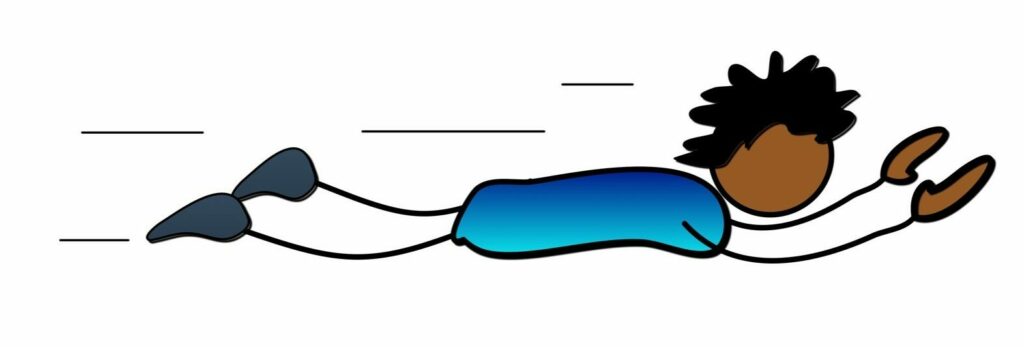
Cook up tasty activities for your hungry learners. Super easy. Private or public. A visual and audio ‘all-you-can-share buffet’.
What? SPLOTapalooza! Explore using SPLOTs to share learning objects, deepen understanding, and build learning community.
Who? Your facilitators and hosts are Alan Levine and Jessica Motherwell McFarlane, PhD
Why? In this session participants will:
- Recognize that SPLOTs are friendly, tame web thingies that can increase learner engagement and deepen understanding of course content.
- Practice creating a SPLOT.
- Practice posting to a SPLOT.
- Practice commenting on others’ posts.
- Tour the SPLOT dashboard for basic functions.
- Observe dashboard tricks that make grading learners’ SPLOTativity easy.
- Discuss ways to incorporate SPLOTs into your course.
Workshop Summary
Bring your smartphone for SPLOTapalooza. Join us for this hands-on, step-by-step workshop on building a SPLOT for your course or event. A SPLOT is an open-source website and collaborative tool that respects participants’ privacy. SPLOT can also be used as a verb (e.g., to SPLOT) that means:
- To learn, in the open, as participants not only post their own learning objects (e.g., comics, audio files, text, must-media files, etc.) but also see and comment on others’ posts at the same time.
- To engage in interactional or interrelational learning as all participants co-create an open educational resource.
Why would you want to SPLOT? It’s a fun, engaging, easy way to help learners benefit from one another’s work in a way that lasts forever. The session will begin with three examples of existing SPLOTS used in Research Methods and Intro Psych courses. Then you will be guided step-by-step through creating a SPLOT for your own course. If time permits, we will reveal website dashboard tricks that make grading learners’ work on SPLOTS even easier.
Jump into the Workshop
- Today’s Menu
- Moody Weather Check in
- Before/After comic: Course reflection
- What Exactly is a SPLOT?
- SPLOTS in the Edu-Wild
- How to Bake Your Own SPLOTs
Your Facilitators
Jessica Motherwell McFarlane (she/her) has been teaching in the disciplines of gender, diversity, inclusion, anti-oppression, and social justice for nearly three decades. She received the 2016 Teaching Excellence award for her work at the Justice Institute of British Columbia. Jessica has recently begun teaching at Capilano and Kwantlen Polytechnic universities and has been acknowledged for offering creative and innovative methods that are especially useful when working with difficult or emotional content. She regularly offers workshops for learners from elementary to university ages and presents at provincial, national, and international conferences. Jessica is director of the Life Outside the Box Institute, which offers customized programming — often using simple stick-figure comics — to help learners embrace anti-oppression practices, work toward reconciliation with Indigenous peoples, overcome implicit biases, and listen deeply to others’ stories. Jessica is also a counsellor in private practice for children, youth, and adults.
Alan Levine (he/him) is an independent educational technologist who sometimes calls himself an “itinerant web geek.” He provides custom website development, most often but not limited to WordPress, and supports planning for training and development in working and creating online. His current role is director of Membership Strategy and Community Engagement at Open Education Global. Earlier he led innovation efforts with the New Media Consortium and Maricopa Community Colleges and has worked in numerous projects with BCcampus and Thompson Rivers University. Alan works from home on Treaty 4 lands in Saskatchewan, where his interests include digital storytelling, photography, bending WordPress to his whims, and randomly dipping into and sharing from the infinite river of the internet.

